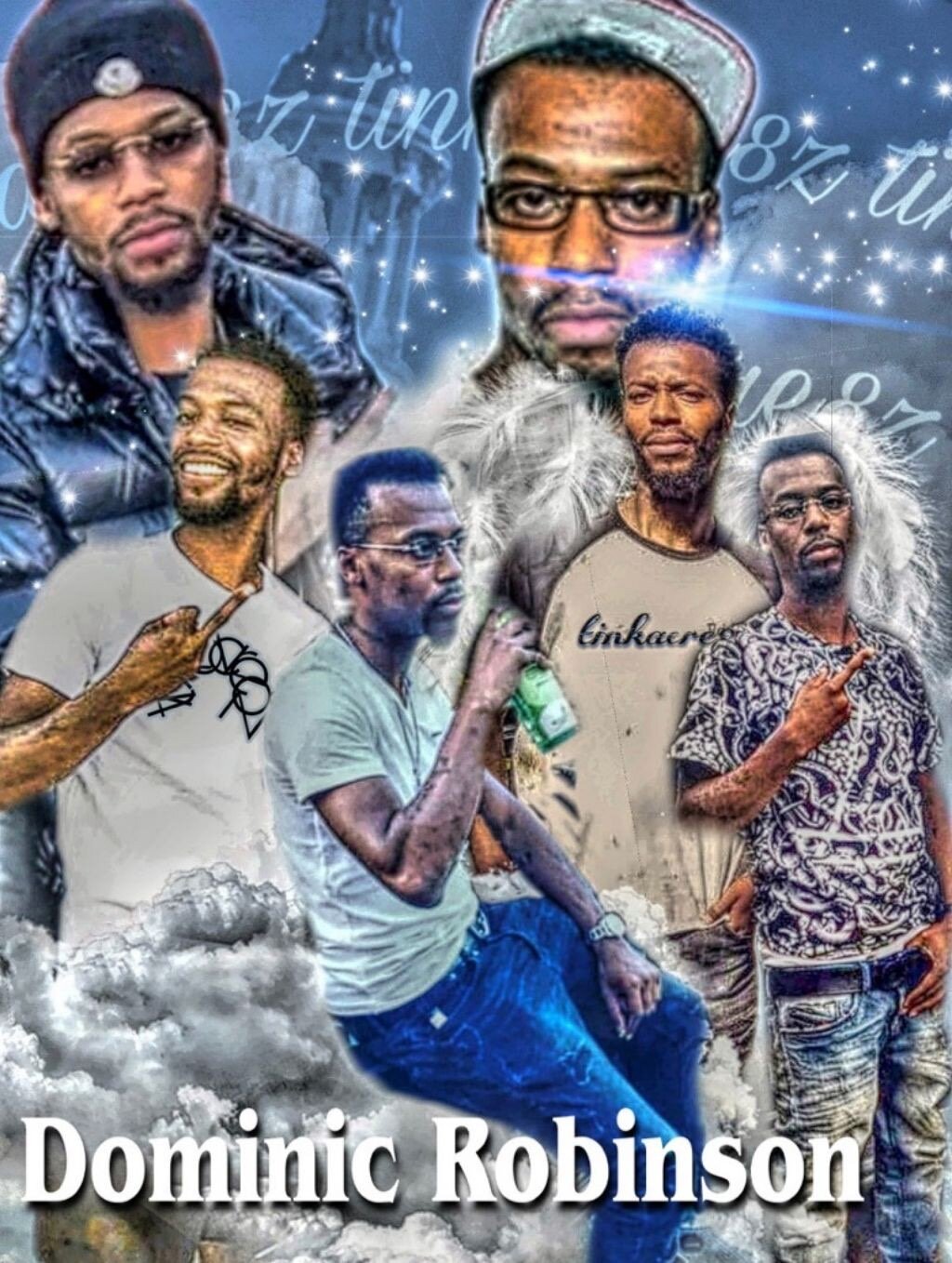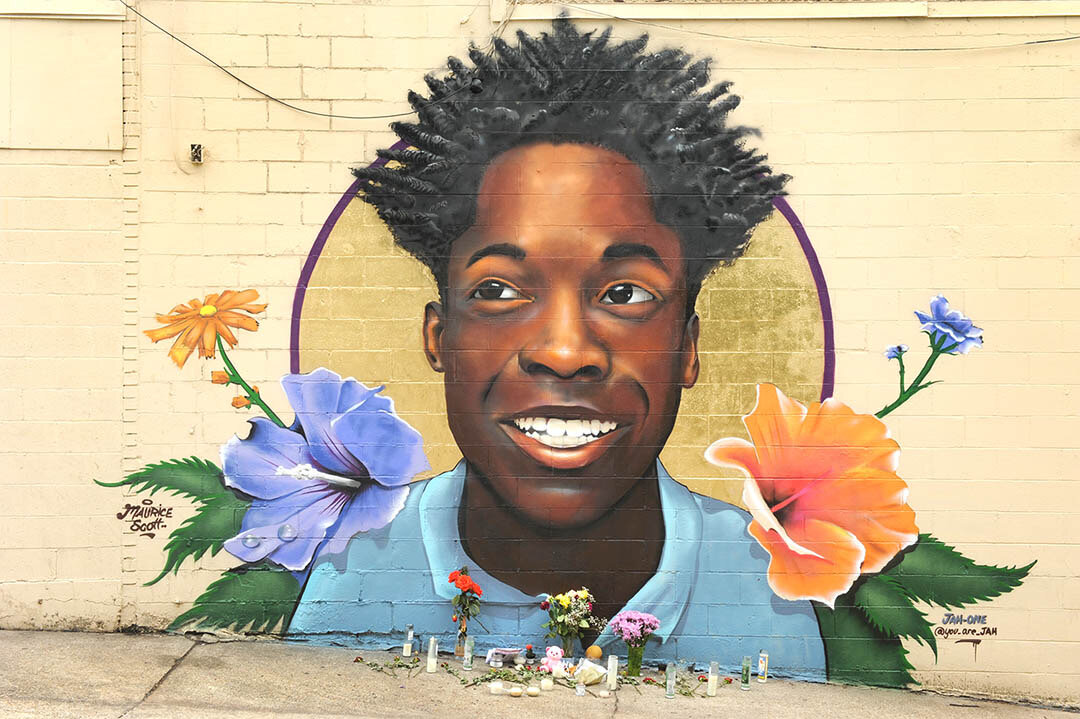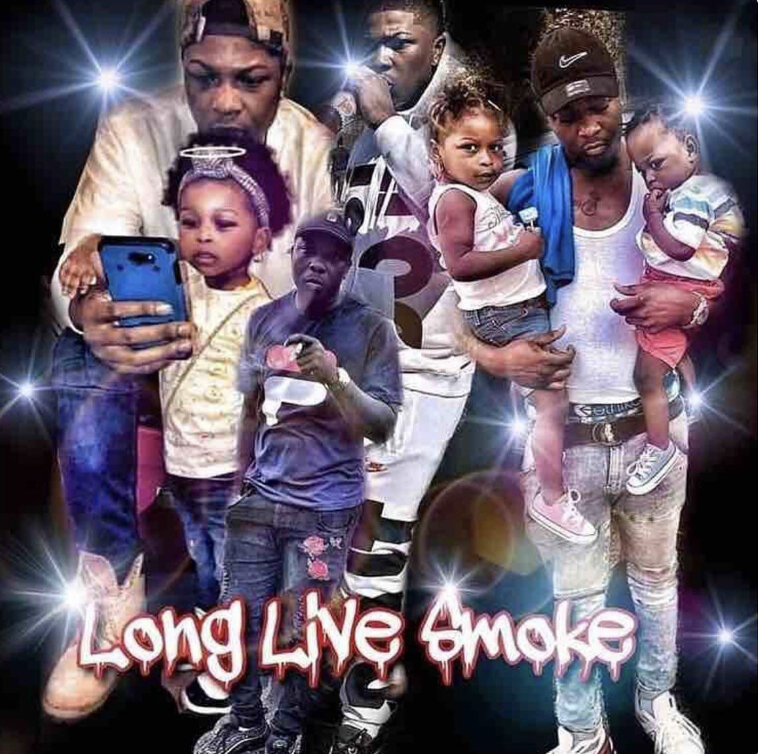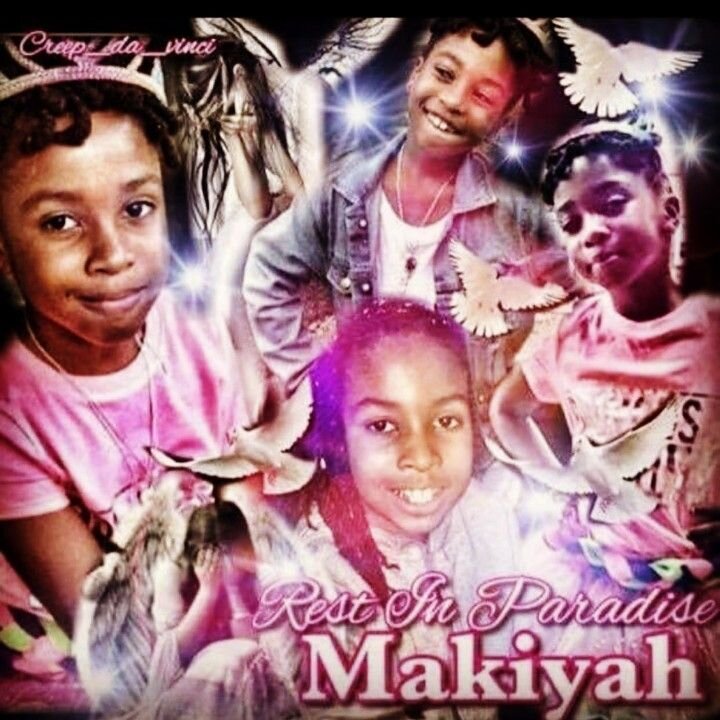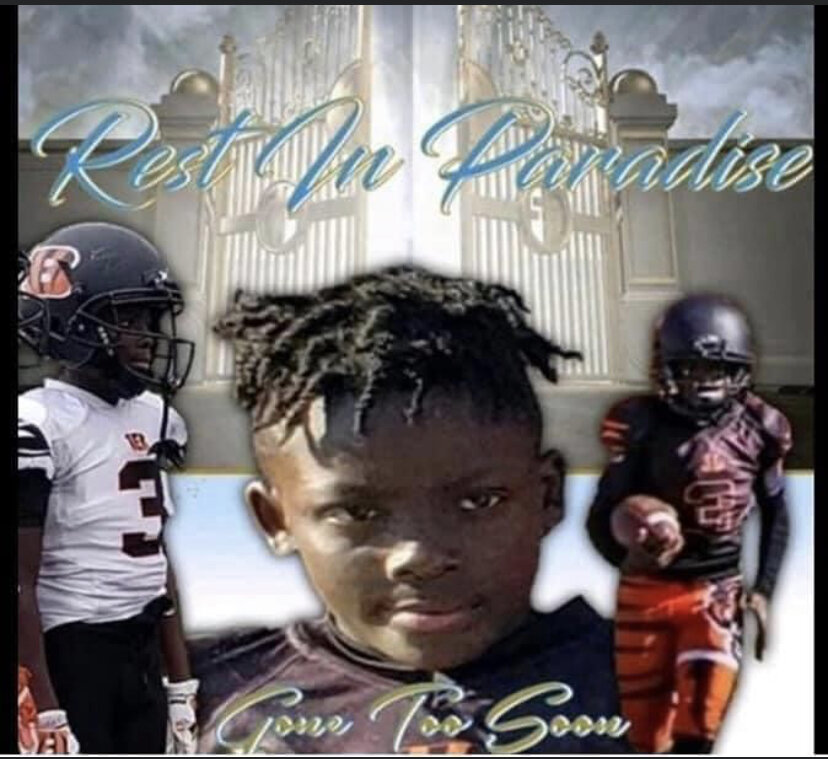BUT WHAT ABOUT BLACK-ON-BLACK CRIME?
Addressing Intra-Community Violence
Black Lives Matter was created in direct response to state violence against Black people. Not because it was more important than any other form of violence experienced by Black people. In 2020, then 15 year old Zariah Taylor brilliantly broke down why so-called Black-on-Black crime is not a valid argument against BLM.
“The Black Lives Matter Movement’s focus has always been to advocate for Black people killed at the hands of police. However, a common question raised by the opposers of the Black Lives Matter movement is why the movement isn’t as vocal when a Black person is killed by another Black person. The argument being used here is that until Black activists address Black-On-Black crime, they have no right to be outraged over police violence.” Zariah Taylor
In addition to being Black Lives Matter organizers here in DC, we are Black people, like so many others, some of us are survivors of violence, have lost friends and family members to community violence, and have otherwise been impacted by community violence. Black on Black Crime is a Myth. We are awakened by violence on our blocks, and phone calls from friends and neighbors when someone in our community has lost their life.
There's an undeniable connection between community violence and police violence. We have to be honest about how relying on the police to address violence facilitates the ongoing criminalization, brutalization & killing of Black people. And how relying on the police, demanding more police presence, more aggressive policing does NOT make us safer. MPD’s Stop and Frisk tactics continue to be ineffective in removing weapons from the streets. MPD claims that these stops are crucial to removing guns from the streets, but the percentage of stops leading to the seizure of a weapon of any kind remain low.
As reported in “Highlights of the Racial Disparities in Stops by the Metropolitan Police Department: ACLU DC 2020 Data Update” from January 1, 2020 to December 31, 2020, the DC Metropolitan Police Department (MPD) made 80,698 stops and of those stops:
Only 1 percent of all stops in 2020 and 2.2 percent of all non-traffic stops resulted in a weapons seizure.
Only 1.22% of all stops in 2020 of stops lead to the seizure of a weapon of any kind.
Only 1.0% of all stops and 2.2% of all non-traffic stops led to the recovery of a firearm.
Some stops didn’t lead to a search, or the officer neglected to record a search, but even among stops that led to a search, only 6.7% led to the seizure of a gun and 8.4% led to the seizure of a weapon.
MPD asserted that its stops resulted in the recovery of 1,605 guns but officers only reported recovering 1,071 weapons of any type.
The length of stops, detentions that failed to result in a warning, ticket, or arrest cost taxpayers a collective 5,504 hours of officer time between January 1, 2020 and December 30, 2020.
We continue building non-transactional, genuine, life long relationships with the families we connect with who’ve lost loved ones once the cameras are gone. We are there, and will continue to be there. We have provided financial and in- person support for funerals, burials, vigils and repasts. We spend countless hours building relationships in neighborhoods most people won't go to connect with youth. We’ve deeply supported our partners Stop Police Terror Project draft, get passed, fully funded and implemented legislation (the NEAR Act) dealing with community violence for more than 5 years. We've held rallies and marches. We testify almost every budget and performance oversight season specifically to demand violence prevention and intervention efforts in DC and support local organizations.
We support organizations and community events dedicated to addressing community violence. None of this is for the cameras. Those who also do this work see us.
We were responsible for making sure March for Our Lives went to Thurgood Marshall PCS in Ward 8 where we live instead of less Black schools in NW. We demanded they pay for hundreds of local Black students to have lunch, ride public transportation for free to and from the rally. We did this because Black youth here have been fighting against violence for years but are always left out of the national conversation. That weekend turned into a documentary "Incompatible Allies" (some of it actually shot and edited by Black DC students) about Black youth addressing community violence that we screened several times with a youth panel afterwards for the past several years and in film festivals across the country. We have been speaking out about gun violence and putting on events focused on preventing and interrupting violence for years.
We do all of this at the same time we fight police violence, because ALL Black Lives Matter, regardless of how we lose them.
Unfortunately, the assumption that we don't care, or do work in this area is really misleading and divisive. Often people do not know about our work simply because they aren't where we do our work. They aren’t in the community addressing violence themselves. Pointing fingers at BLM DC doesn’t save any lives. Community and hard work does.
BLM is not supposed to be the ONLY organization for everything everyone else thinks we should be doing in their opinion. There are hundreds of thousands of great organizations and individuals also working hard for the liberation of Black people. It’s going to take all of us.
Author: Reese Waters (WUSA 9), Randolph Terrance Sturdivant July 9, 2020
“We have laws, jails, courts, armies, guns and armouries enough to make saints of us all, if they were the true preventives of crime; but we know they do not prevent crime; that wickedness and depravity exist in spite of them, nay, increase as the struggle between classes grows fiercer, wealth greater and more powerful and poverty more gaunt and desperate.” Lucy Parsons, the ‘Principles of Anarchism’ in Black Anarchism: A Reader by Black Rose Anarchist Federation
